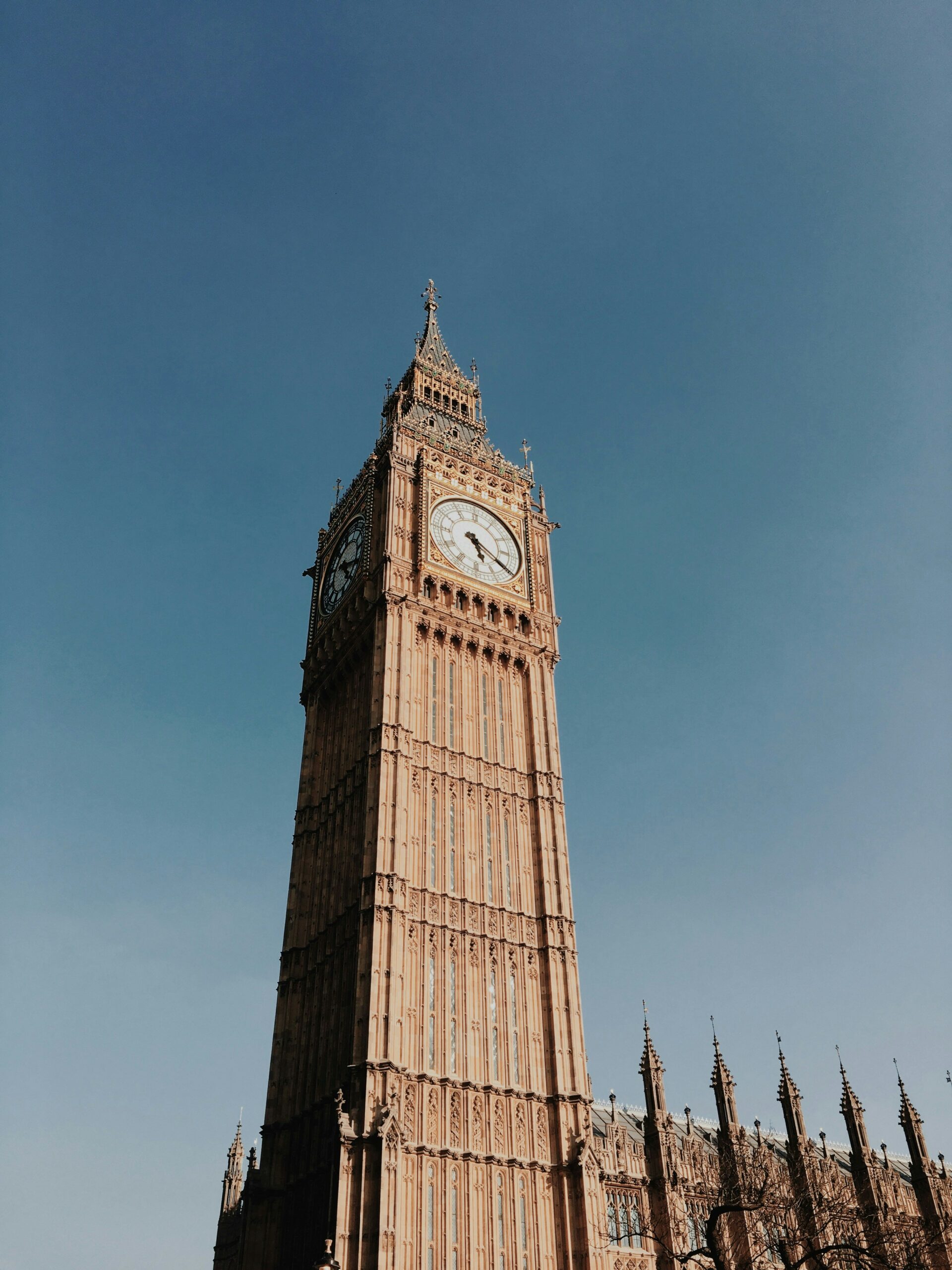I imagine many people who work in charities decided to work in the sector for the same reason I started working in public affairs – they wanted to help others.
But due to cost-of-living crises, a pandemic, and a total shift in how we navigate our daily lives, we’re presented with a variety of new professional challenges. These circumstances, paired with the near daily announcements of yet another MP disgraced, means that political engagement is often the last thing on the minds of charity CEOs – but I would urge leaders to reconsider this approach.
I have the privilege of running a public affairs agency, and nearly every introductory call with a prospective client starts with us discussing how difficult and uncertain navigating the labyrinth of Westminster can be. It won’t surprise readers to note that this is not a conversation starter exclusive to the current political environment, and it has always been bewildering by intentional design.
Over the last few years, there has been a real gearchange in attitude to government and policymakers. Once seen as a slightly pompous but ultimately noble institution, organisations now approach engaging with our political system with much less enthusiasm, seeing it as a necessary evil. Recent YouGov polls demonstrate this decline in faith: 71% of people surveyed noted that they believe Britain’s political system either appears broken or is badly broken.
Given the near daily headlines detailing how yet another MP has been disgraced, this is no surprise. But, all parties know that to win the next election, they need to show a radical departure from the current regime.
Politicians are people too, and they want to put the last few years behind them as much as we do. They need fresh ideas that will invigorate the electorate – and your organisation could hold the pen. Simply put, politicians are ready to listen.
However charities decide to resource its public affairs work is up to those in charge. In the same way that the pandemic has fundamentally shifted politics, many charities have found that they are unrecognisable post-pandemic. Some charities flourished; some are still resurrecting lost workstreams – many charities are a mix of the two.
The pandemic was one of the greatest crises in living memory, and it forced people, organisations and societies to rethink the way they lived their lives, the way they operated. Many people invested in lifestyle coaches, personal trainers, using the months at home during lockdown to reshape themselves, ready to emerge into a post-pandemic world. Might there be a benefit to charities investing in themselves in the same way?
With the right dedicated resource, your charity stands a chance of having a huge impact. My agency has been proud to deliver public affairs support on behalf of the Charlie Gard Foundation since its creation, following the sad death of Connie and Chris Gard’s baby son, Charlie. Through the Health and Care Bill, we managed to force the government to review the causes of disputes regarding the palliative care of children, something that wouldn’t have been possible without the consistent, diligent work that a public affairs agency can provide.
Whether charities decide to appoint an agency, keep public affairs in-house or have no intention of engaging with government at all – the point still stands that government is ready to heed the advice of charity experts on how to reform policy to make it work for the communities they serve.
Chris Whitehouse is Chairman of Whitehouse Communications.


